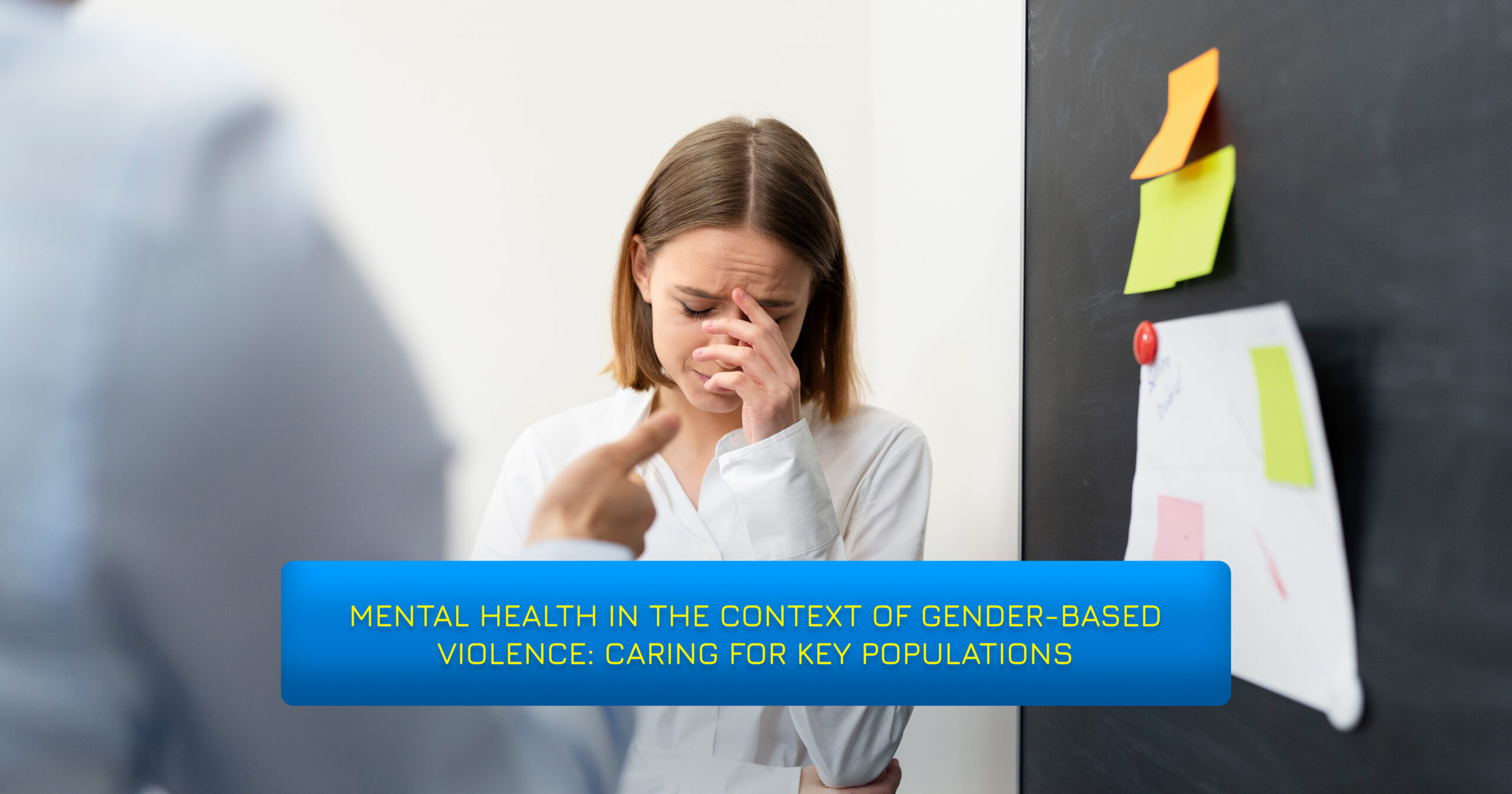Mental health and gender-based violence are closely linked, and problems in this area have a serious impact on the lives of many people. Gender-based violence, including physical, emotional, and sexual violence, can leave lasting effects on the mental health of survivors.
First and foremost, it is important to realize that gender-based violence affects people of all genders, but women and girls are more likely to be survivors. Globally, an estimated 736 million women – nearly one in three – have experienced physical and/or sexual violence by an intimate partner, sexual violence by a stranger, or both, at least once in their lives. It not only disrupts their physical well-being but also has a serious impact on their mental health. Survivors of gender-based violence can experience post-traumatic stress disorder (PTSD), depression, anxiety disorders, and other serious mental health issues.
It is important to recognize that gender-based violence has additional impacts on key populations. People living with HIV may face additional levels of stress and stigmatization. Sex workers are at risk of physical and emotional violence, requiring specific support approaches. People who use drugs are often at the center of interrelated issues of gender-based violence and addiction.
Psychosocial support for these groups must be comprehensive and tailored to their unique needs. This includes psychotherapeutic counseling, group support, access to health services, and the creation of a safe environment for survivors. It is also important to conduct educational programs aimed at preventing gender-based violence and changing attitudes in society, and these should include not only treatment and prevention but also mental health considerations. It is also important to create safe spaces and combat stigma to ensure effective support.
The 16 Days Against Gender-Based Violence campaign encourages society to pay attention to these issues and provide support to survivors. It serves not only as a platform to highlight the issue but also as a catalyst for changes in public perception and support, as stigma and negative attitudes towards survivors of gender-based violence can exacerbate their mental health. Working with key groups plays an important role in creating an inclusive and supportive environment for all.
If you or your loved ones need qualified help and psychological support – do not delay in contacting the experts at the specialized portal of online services help24. You can make an appointment for a free consultation at any convenient time.

